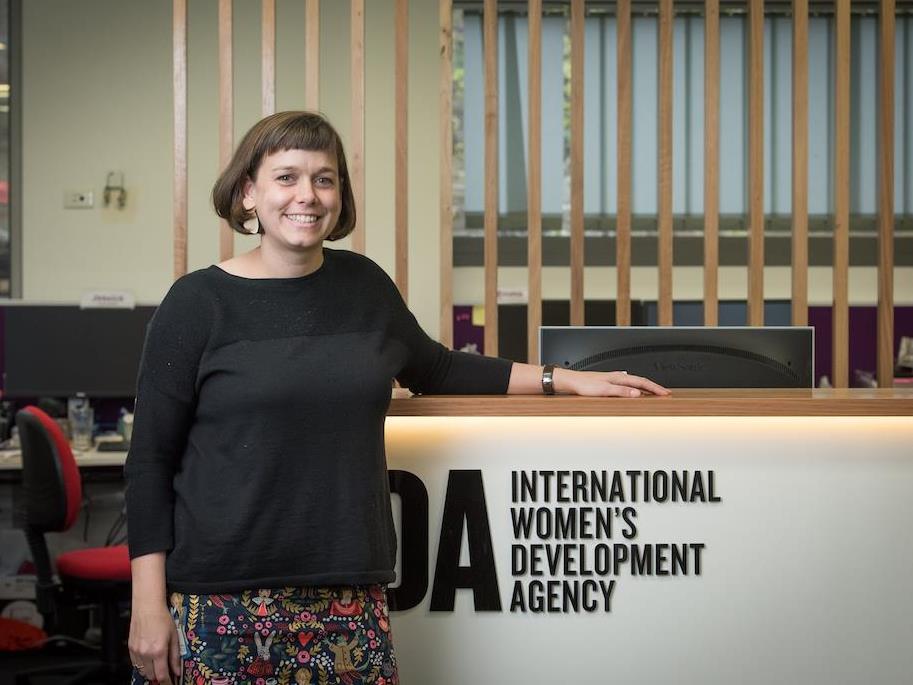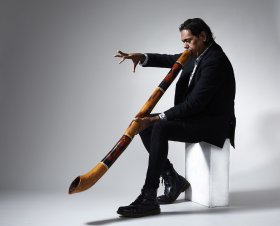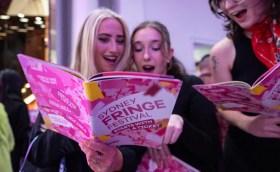Image: Bronwyn Tilbury at IWDA. supplied.
In this instance, ‘development’ doesn’t mean ‘audience development’ or the evolution of your creative practice. Instead, it refers to a particular field within the social sciences that is concerned with human rights in developing nations. Some organisations in the creative arts work in this space through arts programs that build creative, and subsequently economic and social capacity, in ways that enhance people’s lives in developing countries.
With this in mind ArtsHub spoke to Bronwyn Tilbury to ask for advice on what works when partnering with local organisations. Since completing a Master of Development Studies at University of Melbourne, Tilbury is now Senior Program Manager at the International Women’s Development Agency. Her insights point to the importance of humility, trust and lived experience when working in this space.
Build a strong relationship in person
It’s very difficult to build a meaningful relationship when you haven’t met or worked with someone in person.
‘Development is all about relationships and trust. It is much harder to develop ongoing relationships and trust with people if you are not there in their countries working alongside them,’ said Tilbury.
‘It’s important for relationship building to go in and listen and learn. Take an approach that says “I’m just here to learn from you and then see what I can do to help you,” rather than coming in with some program to begin with.’
It’s about entering the relationship with humility and sensitivity to the power dynamics that exist, particularly in Northern-Southern relationships, she said.
Cultivate critical self-reflection through lived experience
Tilbury worked in Fiji for a number of years and developed strong relationships early on with Fijian Women’s Rights movements.
‘They were generous enough to call me out on some of my practices. I wouldn’t have ever been exposed to that critical self-reflection if I had stayed in Australia,’ she said.
This formative experience led her to question her assumptions and taught her the value of stepping outside her comfort zone.
‘A lot of us grow up with a lot of privilege through access to resources and opportunities. It is only when you get out of that comfort zone that you see what local solutions to local problems the people that you are working with in development have for that context. You need to know what the local context and environment is before you can ever support that work, or you will always be making assumptions and potentially mistakes,’ she said.
Be respectful
Tilbury said she often still runs into Master of Development alumni in her work life — and creating positive connections with people are important as you progress in your career, regardless of what industry you work in.
‘When I was first starting out I had a few contacts who said they knew people in development and could introduce me but I always said, “No, I can get jobs on my own merit.” Over the years I’ve realised it is about networks and who you know. All the jobs I’ve gotten haven’t just been through submitting an application, it comes down to other factors like the relationships I’ve had and the people who can recommend me.’
It taught her that respect is crucial. ‘The lesson I’ve learned is that every person you have come into contact with could help you in your career, so make sure that you’re always respectful. Respect is ultimately what is going to get you ahead in any industry, but particularly in development.’






